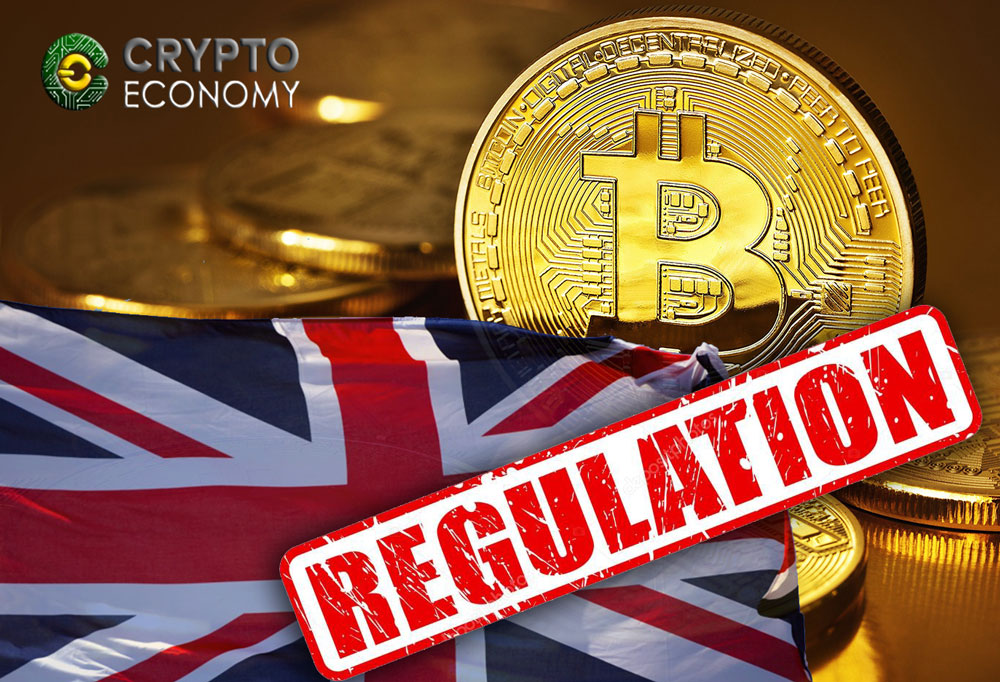Considering digital currencies as digital assets, the regulatory authorities of the United Kingdom study the impact of these on the economy of their country, with a view to regulating the use of cryptocurrencies in a way that results in a balance of benefit for all parties involved.
Maintaining a criterion to encourage innovation, the research will evaluate the effect of digital currencies and blockchain technology in financial institutions, as well as in other areas of the UK economy. This seeks to have a clear and realistic understanding of the favorable aspects of the commercial activity of the cryptocurrencies in order to detect the points that need to be regulated so that the activity is not obstructed, and at the same time protect companies and users equally.
The study will also involve the key authorities of the UK economy, such as the Financial Conduct Authority (FCA) and the Bank of England.
In view of the obvious need to encourage commercial development in line with the innovations that involve the use of cryptocurrencies and their negotiation, there is also an urgent need to inform users about the possibilities of legal protection because the lack of regulation for individual investors in the matter currently.
One of the challenges that this research raises for regulatory authorities is to achieve a healthy balance for the regulation of digital currencies while achieving adequate protection for consumers, businesses and users in general, without affecting innovation and the good economic development.
Officials of various levels and even parliamentarians have expressed their opinion regarding the study that is being conducted for the regulation of cryptocurrencies in the United Kingdom. Some of these voices point out that although cryptocurrencies can offer large returns to their investors, they also have a significant risk margin given by their volatility and constant fluctuation.
This study means one more step towards an imminent regulation of the use of cryptocurrencies in the United Kingdom. It is an unprecedented opportunity as well, since for the first time two opposing interests are put under the same scrutiny because of their nature, as they are on the one hand, to support innovation, and on the other, to protect users, companies and consumers.
Achieving a fair and balanced regulation of the cryptocurrency environment is a correct move, since trying to limit the development of the cryptographic ecosystem could result in facing the hard resistance of the masses. The cryptocurrencies are, in principle, decentralized and this means that their government is handled by the users themselves. An attempt to suffocate cryptocurrencies would only increase activity in the cryptographic ecosystem, thus achieving a parallel reality to that of the real world, leaving without any practical effect any regulation, with what that means.
The United Kingdom has a valuable opportunity to assertively take the lead in harmonizing the regulatory spectrum and encouraging the use of blockchain technology. This will result in the strengthening of the economy, with the economic actors in their right balance. The time of cryptoevolution has arrived.











